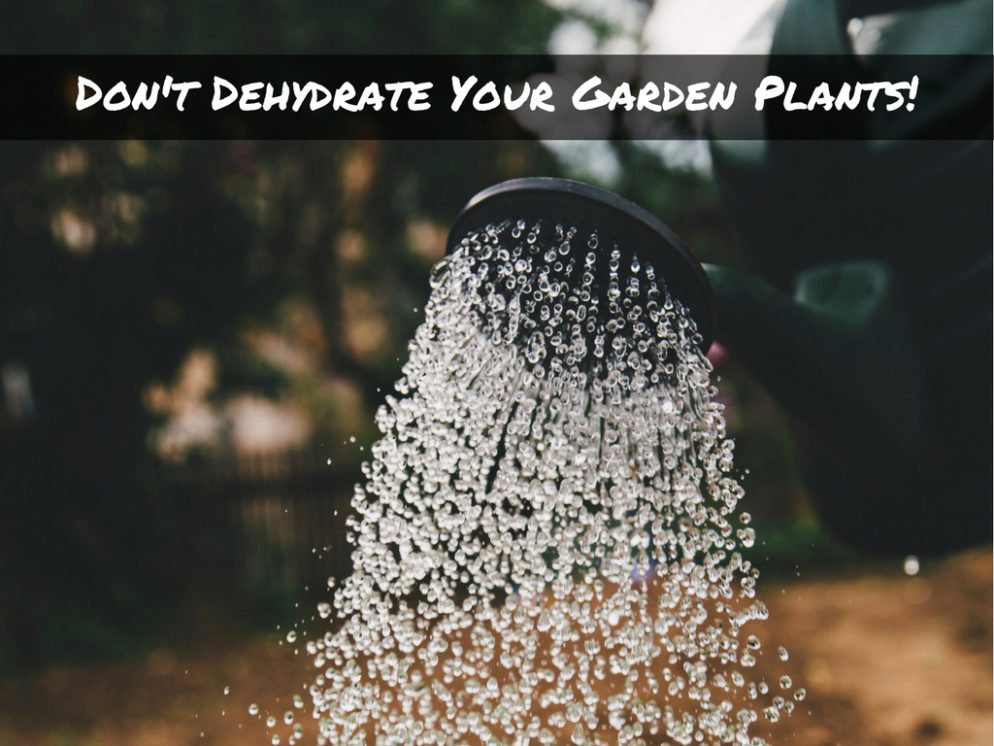Many gardeners are testing their soil in preparation for spring planting and discovering elevated soluble salt levels from their test results. What is soil salinity and why does it matter?
Salinity is the measure of soluble salt levels in the soil. Although some plants are tolerant of high salinity levels, many others are not and consequently non-tolerant plants will experience difficulty moving water from the soil solution into the root system, even if abundant water is available in the soil. Confused? Check out this eXtension article for the scientific explanation as to why.
eXtension: Solutions to soil problems, high salinity
Salinity levels may be high due to multiple reasons. Here in the intermountain west, soluble salt levels can be high naturally due to the parent materials (bedrock) from which our soils were formed. High water tables may also re-deposit soluble salts at the root zone of garden plants. Additionally, certain secondary water sources, like some lakes and irrigation canals, concentrate salts causing soil salinity to build over time as gardeners use these water sources to irrigate garden plants. But gardeners cannot always blame Mother Nature for elevated soluble salt levels.
Frequent and shallow irrigation events can cause salt accumulation since soil water does not move beyond the rooting zone of garden plants. Soluble salts tend to accumulate in the subsoil (B-horizon) of the soil profile so garden sites where recent construction removed topsoil may be high in soluble salts too. Finally, adding sources high in salts, such as synthetic fertilizers, de-icing agents and certain types of soil amendments, such as animal manures, may also result in elevated salinity levels.
If you suspect salinity may be a problem in your garden, follow these easy steps:
- Have your soil tested by a land-grant university testing lab. Here in Utah, our lab is the Utah State University Analytical Laboratory, or usual.usu.edu.
- If your test results show elevated salinity levels, consider leaching your soil with a clean (low-soluble salt) water source, such as city/treated water. Remember to take advantage of natural precipitation, such as snow pack and spring rains, since these sources are also considered a ‘clean’ water source. For instructions on leaching events, see the USU Extension fact sheet Solutions to Soil Problems: High Salinity.
- Improve drainage through incorporation of organic matter and/or alleviate soil compaction. For more information, see the USU Extension fact sheets Solutions for Soil Problems: Low Organic Matter and Solutions for Soil Problems: Soil structure (compaction).
- If high salinity is a chronic problem in your garden, consider planting garden plants that are tolerant of elevated soluble salt levels and/or build raised beds and fill them with a purchased topsoil blend or soilless potting mix. Remember certain secondary irrigation water sources may be high in soluble salts too so it might be necessary to switch over to a treated water source. Also, it is important to modify watering practices so irrigation events are deep and less frequent which will help push salts dissolved in the soil solution down and away from the rooting zone of garden plants. For more information, see the USU Extension fact sheets Salinity and Plant Tolerance and Raised Bed Gardening.




Leave a Reply